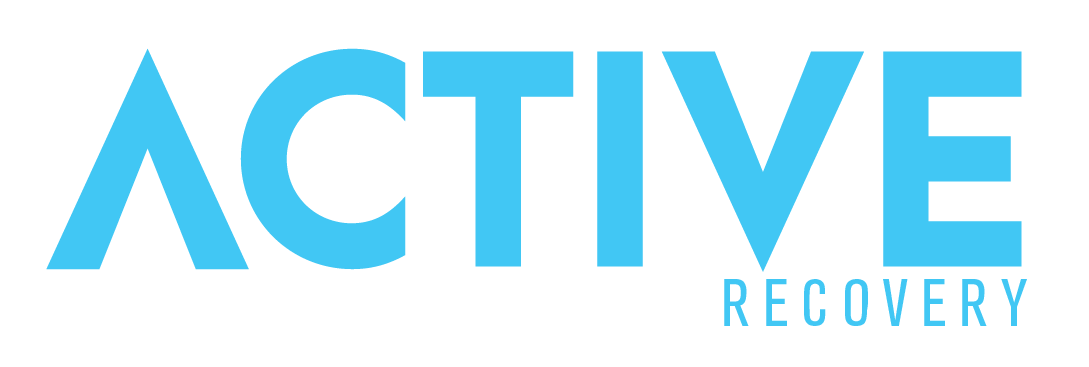Last Updated on October 9, 2023


Being a sober companion is a profession that has gained popularity fairly recently. If you've only just come across this term and are curious to know more about what being a sober companion entails, you've come to the right place.
Active Recovery Companions is here to help define and discuss what the essence of being a sober companion truly is. For more information on becoming a sober companion, contact us today or scroll on to learn more.
Sober companions are trained professionals who provide support (mostly one-on-one) and guidance to people during the early stages of their substance or addiction treatment.
They mainly assist and accompany patients as they transition from a controlled facility, such as treatment centers, gradually into their day-to-day lives.
The main goal of having a sober companion is to ensure that their clients maintain their sobriety and undergo the early phases of the recovery process successfully without experiencing a relapse. Their presence is critical to their client as they help them stay sober while guiding people struggling with their addiction recovery to sustain long-term sobriety.
A sober companion offers various services to their clients to help them not only become sober but to sustain their therapy sessions most especially during the first part of their early recovery. Here is the range of duties that they provide.
Provide Emotional Support: Sober companions offer a compassionate and non-judgmental presence. Suffice it to say, they provide comfort to their clients as they become a confidante to them, where they can share their struggles, fears, and successes in privacy.
Teach Responsibility and Accountability: Sober companions also introduce accountability to their client as they teach them to be accountable by staying on track with their sobriety and recovery goals. Through their presence, they help them become a sober individual who can resist triggers and cravings.
Relapse Prevention: Sober companions, as earlier mentioned, help to prevent relapse for their clients while under the sober companion program. They work closely with their client by identifying potential relapse triggers and developing effective coping strategies to help them from reverting to substance use.
Instill Healthy Lifestyle: Through close collaboration with family members, a sober companion may also assist in establishing healthy everyday routines. These may cover vital aspects of personal well-being such as proper nutrition, exercise, and sleep.
Crisis Intervention: When clients experience crises, a sober companion is prepared to intervene—handling any situation with confidence as they provide struggling individuals with appropriate resources such as access to a therapist or medical attention, if necessary.
Apart from the various positive effects of having social support for individuals in recovery, being a companion can also offer numerous benefits.
As you assist individuals in their long-term recovery and sobriety, you gain a sense of personal fulfillment. This act of kindness can be deeply rewarding, and you'll witness their progress and positive changes. Sober companioning can also have a significant impact on the lives of those in recovery, as you become involved in breaking the cycle of addiction.
If you consider sober companioning as your primary business or profession, you can enjoy flexible working hours and arrangements that accommodate various schedules and lifestyles. You will also have exposure to various work environments, such as private homes, and treatment centers, or participation in larger support groups.
The role of sober companions allows them to experience continuous learning, networking, and job stability. They may also undergo personal growth while assisting people in recovery from drug addiction to take that first step toward long-term recovery.
While becoming a sober companion may be fulfilling, there are also potential challenges that someone who may be considering a career in sober companioning to consider very carefully.
Dealing with addicts may add emotional strain and hardship for sober companions, especially if a client relapses during their addiction recovery program.
Working closely with your client base as a sober companion may also entail long and irregular work hours. Since the nature of your job is unconventional, it may require you to work odd hours including night shifts.
There are safety risks in play in this work too. Depending on your client's history, you may be exposed to volatile situations and behavior, especially in the early part of recovery from alcohol or drugs.
You may also find it difficult to work closely with an individual since relapse is high after rehab. This is discouraging for most sober companions especially when clients prove to be difficult to work with. Lack of regulation unlike other healthcare professions may lead potentially to ethical dilemmas or legal issues.
As you are personally involved in someone's sobriety from alcohol or substance abuse, you may find yourself feeling burnout, especially if self-care practices are not prioritized properly. This is especially true if you have multiple clients.
While there is no universal standard or formal certification program required for sober companioning, there are certain qualifications and attributes that are needed to enhance the effectiveness of their role.
A sober companion would better understand an individual struggling with addiction or alcohol if they have personal experience with addiction and recovery as they can provide valuable insights and empathy. Training in courses or a program specializing in mental health and addiction recovery is also necessary. Therapy certifications for sober companioning may also add to a person's credibility.
Some important skills to have when providing peer support recovery involve the following:
Excellent communication skills,
Active listening skills
Empathy and compassion
Crisis intervention experience
Highly-developed problem-solving skills and motivational interviewing
Organizational and multitasking abilities
Flexibility and commitment to continuous learning
The earnings of sober companions may vary due to various factors such as experience, location, services offered, and clientele. But on average, their rates in the United States may range from $250 to $800 per day.
Do keep in mind, however, that these rates fluctuate depending on market availability, inflation, and industry trends. You can learn more by joining professional organizations or networks for sober companioning to gain insight into industry standards and pricing.
To become an effective and successful sober companion, you must first gain experience, study, and understand the ethics of sober companioning. Most sober companions also undergo training and education to better prepare them for the task at hand.
You must seek further supervision and support, such as working with a mentor and other sober companioning professionals to help you grow further into the role.
While the terms are often used interchangeably, sober companions do differ from sober coaches. Some of the key differences between the two involve their intensive support, immediate accountability, and practical assistance to recovering individuals from drug addiction.
A sober coach, in particular, has a focused coaching style and may involve scheduling check-ins with their client. A sober companion meanwhile, may assume the "therapist role" in their program as they help individuals manage their triggers and get inspired to continue staying sober.

© 2023, Active Recovery Companions